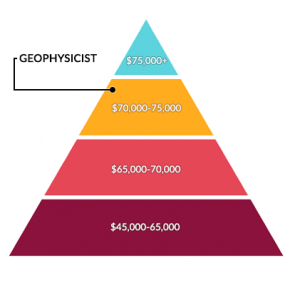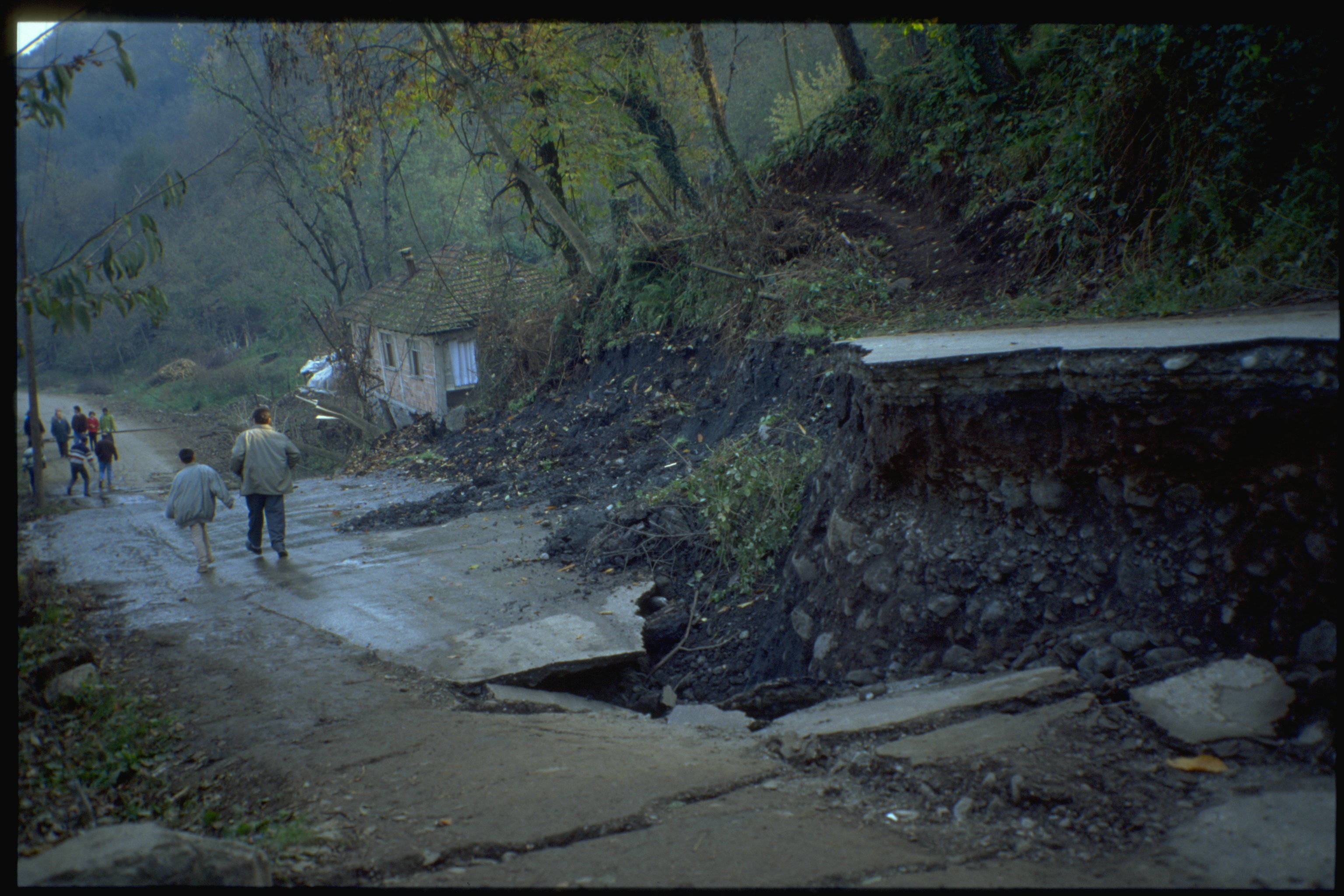All Categories
Featured
Table of Contents
What Is Geophysics? in South Guildford WA 2021
This work is significantly contracted out, so consultancies offer another source of work. Consultancy firms differ in size, from very little business to big multinationals. Some consultancies are quite specialised in utilizing particular geophysical methods or operating in specific places, while others use a more varied series of services to their consumers.
The extraction of gas from land fill sites is another area of employment and this might grow in the future. Exploration business might carry out work for building firms, public utility, mining business and ecological firms, so geophysicists may be employed in any of these settings. Other companies consist of: geological surveysgovernment bodies and agenciesuniversities and research institutes.


Vacancies may be listed in the oil and gas sector press. Recruitment is impacted by oil rate changes and the level of competitors for positions differs depending on this. Professions Days, which cover the complete variety of geoscience careers and are typically attended by a number of crucial industry companies, are run by The Geological Society.
What Is A Geophysicist? in Yokine WA 2021
Some of the large oil and gas business provide a complete two-year structured training programme throughout the breadth of geophysics, including the opportunity to experience work in various groups prior to specialising in one location. Your training may include deal with: existing wellsmagnetic and gravitational possible field information analysisresearchrock analysis. It's more typical for your initial training to be offered on the task.

There may be a probationary period throughout which you work together with a skilled coworker. Competency-based appraisals occur routinely in many companies. In smaller sized companies, and for scholastic posts, there is unlikely to be any formal training - you'll be expected to start work straightaway and select up skills as you go along.
If you work for a smaller sized business, you may discover that you require to take responsibility for setting up and funding your own development and training. If you have a geology degree, membership of The Geological Society can be useful for networking and for keeping up to date with the market.
Greeley-evans Area 3d Geophysical Survey in Kallaroo Western Australia 2023
You may also discover it useful to sign up with the PESGB (The Petroleum Expedition Society of Great Britain, which has a geophysics unique interest group. After a probationary period, and when you have actually gotten some experience, you could advance to senior geophysicist, then group leader and after that into a senior function in management.
The ease of motion between roles depends on the business structure. Study at Masters or Ph, D level in a subject related to geophysics or geosciences may aid with your career development and progression. The employment market within the oil and gas industry is extremely dependent on cost and this might impact your chances for career development.
For experienced geophysicists, freelance consultancy offers a great path for career advancement. As a geophysicist, you're likely to have numerous jobs throughout your working life.
Geophysical Surveys in Hazelmere Western Australia 2022
From geophysics, it's possible to concentrate on seismology (completing further training to become a seismic interpreter) or to move into related areas such as engineering geology or risk forecast.
Choosing what to study in college is a difficult choice. Even if you know that your field of interest depends on science, what program of research study is right for you? If you make the choice to major in physical and biological sciences and pursue a profession as a geophysicist, you're preparing for an amazing and successful profession.
The very first step to attaining your goal of becoming a geophysicist is earning a degree. Even for entry-level positions in the field of geoscience, you'll need a bachelor's degree (a geophysicist college degree) from a certified college or university. Geophysicists must be able to: analyze rocks, photos, and other pieces of information carry out research both in the field and in laboratories produce maps and charts of their findings write reports To achieve all this, trainees require a specialized education for geophysicist professions.
As specified above, you'll require a bachelor's degree in geoscience or an associated discipline, such as a physical science or a natural science, to land an entry-level job. Students can also prepare by majoring in topics like: Biology Chemistry Computer science Engineering Mathematics Physics The above geophysicist majors provide a more generalized method to a single scientific discipline, but a lot of programs require students to take one or more geology course.
Latest Posts
Geophysical Surveys: Definition & Methods in Forrestdale Oz 2020
Geophysics in Spearwood Australia 2022
Geophysical Survey in Kinross Oz 2022